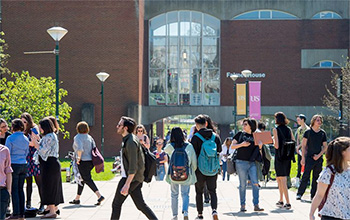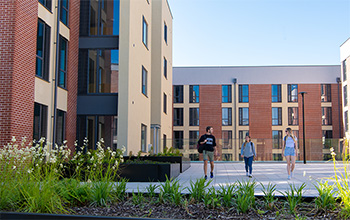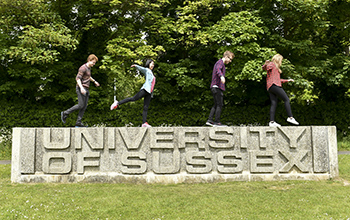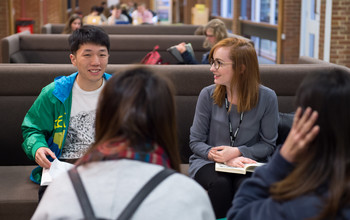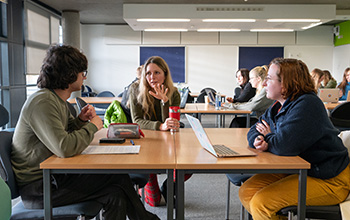Take our virtual tour
Be inspired by our beautiful campus and buzzing Brighton in this immersive 360° experience.
Begin your tour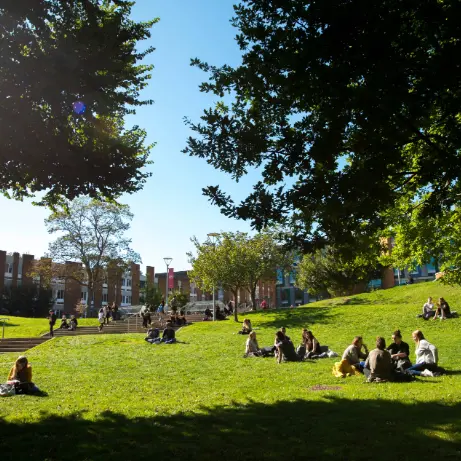
Undergraduate Visit Days
Learn more about your chosen course, explore our distinctive campus, and meet our staff and students.
Book a Visit Day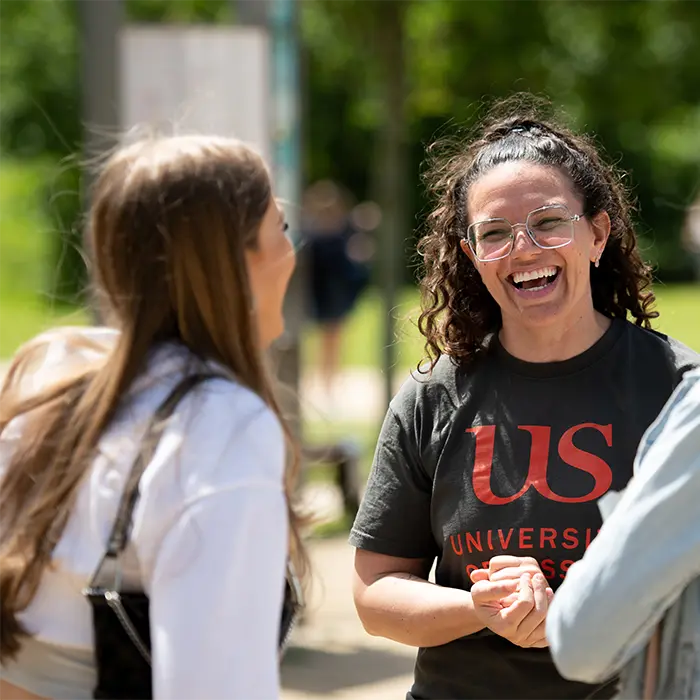
As a founding partner of ResearchPlus, a collaboration of research-focused universities, we engage with government, industry and civil society to support economic growth, prosperity and wellbeing across the whole of the UK.
Find out more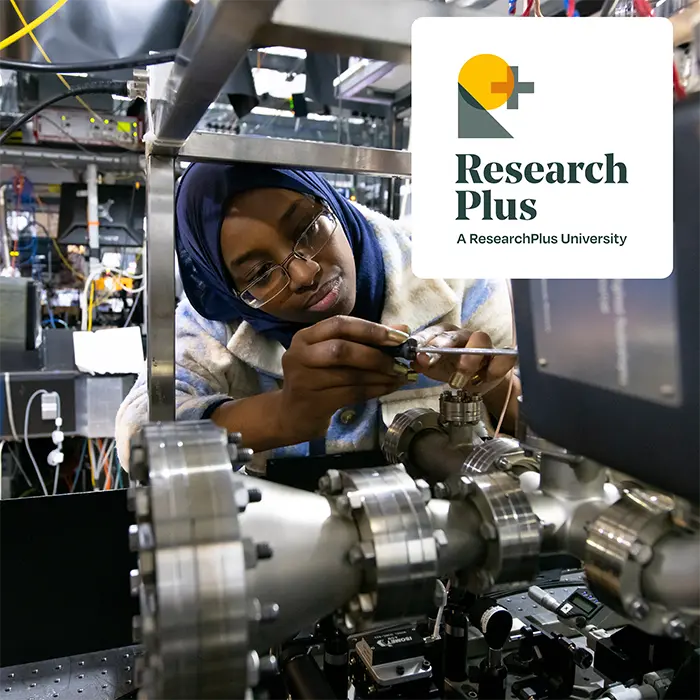
Our experts
My work on love led to me helping Masterchef host Gregg Wallace trace his family history on Who Do You Think You Are?”Professor Claire Langhamer
Professor of Modern British History
History
Sociology
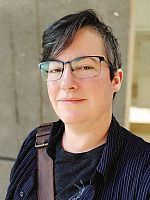
Contact us
Ask a student
Chat to Sussex students online via the UniBuddy chat platform.
Prospectus
What do you want to do next?
Legal information
We understand that deciding where and what to study is a very important decision. We’ll make all reasonable efforts to provide you with the courses, services and facilities described in this prospectus. However, if we need to make material changes, for example due to government or regulatory requirements, or unanticipated staff changes, we’ll let you know as soon as possible.
A-level - contextual offer
BBC-BCC
Pearson BTEC Level 3 National Diploma and one A-level - contextual offer
Grade C in A-level and Distinction, Merit in Pearson BTEC Level 3 National Diploma.
Pearson BTEC Level 3 National Extended Certificate and two A-levels - contextual offer
Grades BC in A-levels and Merit in BTEC Level 3 National Extended Certificate.
Pearson BTEC Level 3 National Extended Diploma (formerly BTEC Level 3 Extended Diploma) - contextual offer
DMM
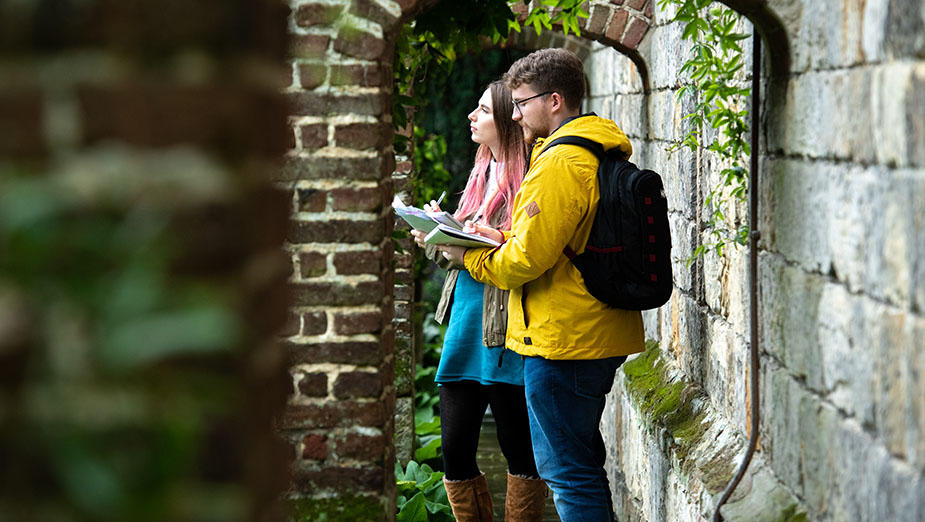


 Silver
The student experience and student outcomes are typically very high quality.
Silver
The student experience and student outcomes are typically very high quality.
 Winner
Entrepreneurship Catalyst Award
Winner
Entrepreneurship Catalyst Award
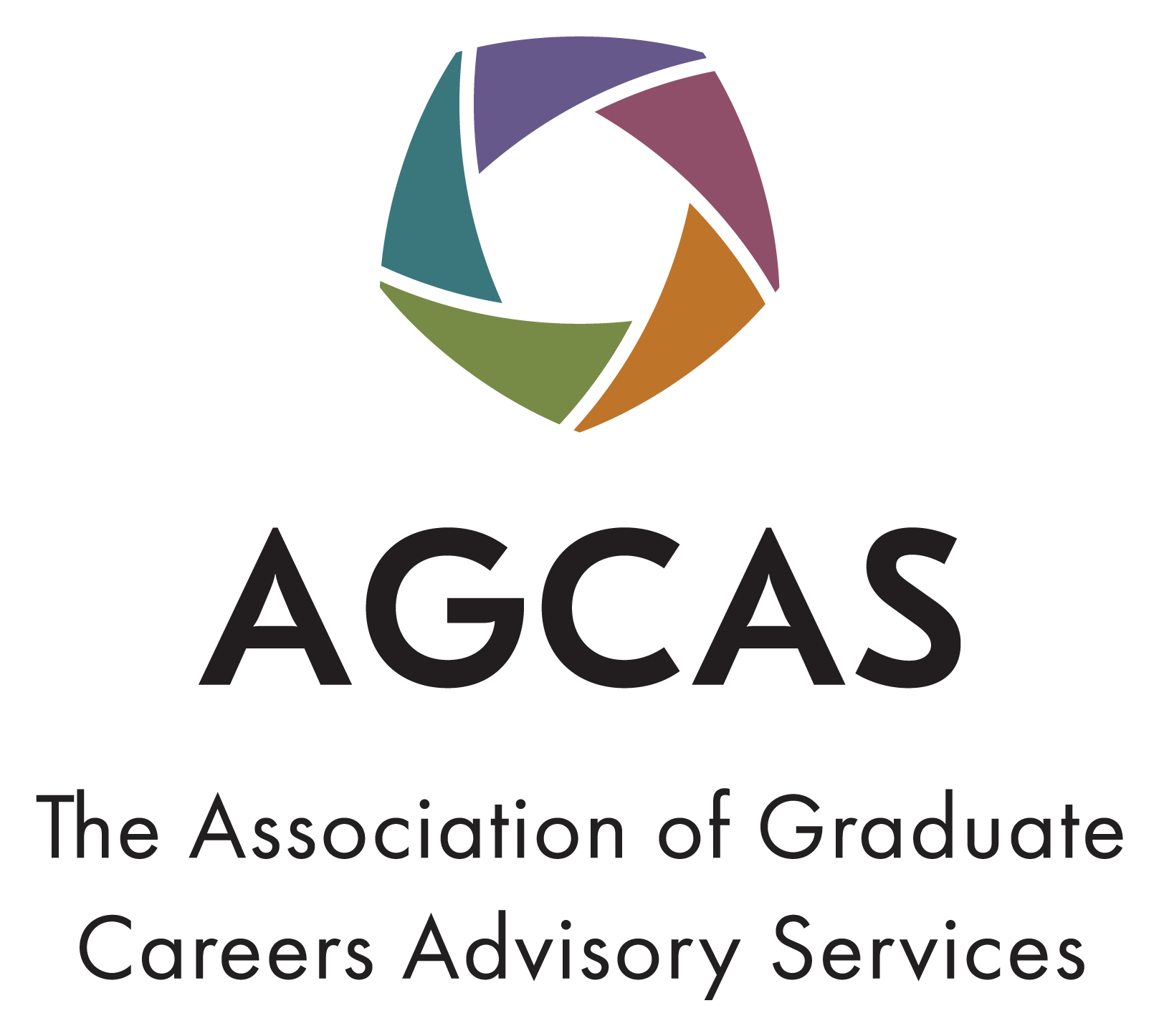 Winner
Supporting Student and Graduate Employability Award
Winner
Supporting Student and Graduate Employability Award
 Top 50
Best Universities for Work Experience in the UK
Top 50
Best Universities for Work Experience in the UK


